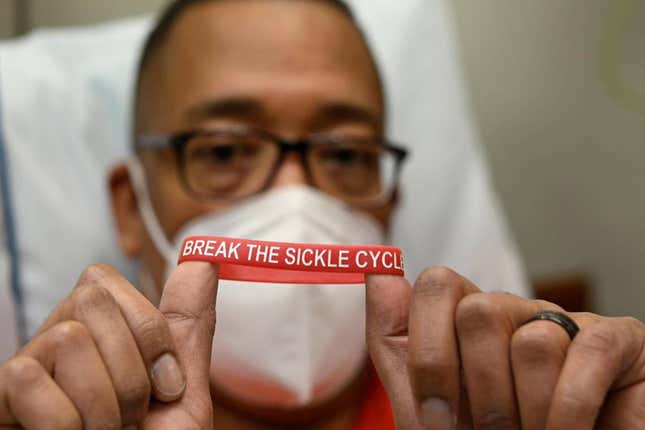
Sickle cell disease plagues tens of thousands of Americans every year, and the vast majority of those suffering are Black Americans. Sickle cell disease is a blood disorder where the red blood cells become misshapen, this can cause extreme pain, fatigue, blood clotting, and even death. The only cure for the painful disorder has been a bone marrow transplant, which can be extremely difficult to obtain.
But now there’s new hope for those suffering from sickle cell disease. On Tuesday, the Food and Drug Administration is reviewing a potential cure that uses gene therapy to treat sickle cell disease.
The gene therapy uses CRISPR, a gene editing tool, to help promote the production of healthy hemoglobin, a protein in red blood cells responsible for the complications from sickle cell. Although the technology is relatively new, findings from initial clinical trial of the technique published earlier this year, were promising.
And for Black Americans suffering from this disease, the possibility of relief is a game changer. Roughly one in 365 Black babies born in the United States suffer from sickle cell disease. And a recent study looking at hospitalization rates from 2016 to 2018, found that over 93% of people in the United States for sickle cell disease were Black.
According to NBC News, the Food and Drug Administration is expected to decide on whether to approve the drug in early December. They’re also expected to review a separate gene therapy drug for sickle cell later that month.